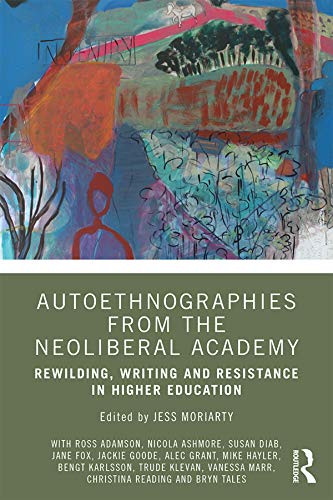

Most ebook files are in PDF format, so you can easily read them using various software such as Foxit Reader or directly on the Google Chrome browser.
Some ebook files are released by publishers in other formats such as .awz, .mobi, .epub, .fb2, etc. You may need to install specific software to read these formats on mobile/PC, such as Calibre.
Please read the tutorial at this link: https://ebookbell.com/faq
We offer FREE conversion to the popular formats you request; however, this may take some time. Therefore, right after payment, please email us, and we will try to provide the service as quickly as possible.
For some exceptional file formats or broken links (if any), please refrain from opening any disputes. Instead, email us first, and we will try to assist within a maximum of 6 hours.
EbookBell Team

5.0
38 reviewsThe shift to a neoliberal agenda has, for many academics, intensified the pressure and undermined the pleasure that their work can and does bring. This book contains stories from a range of autoethnographers seeking to challenge traditional academic discourse by providing personal and evocative writings that detail moments of profound transformation and change.
The book focuses on the experiences of one academic and the stories that her dialogues with other autoethnographers generated in response to the neoliberal shift in higher education. Chapters use a variety of genres to provide an innovative text that identifies strategies to challenge neoliberal governance. Autoethnography is as a methodology that can be used as form of resistance to this cultural shift by exploring effects on individual academic and personal lives. The stories are necessarily emotional, personal, important. It is hoped that they will promote other ways of navigating higher education that do not align with neoliberalism and instead, offer more holistic and human ways of being an academic.
This book highlights the impact of neoliberalism on academics’ freedom to teach and think freely. With 40% of academics in the UK considering other forms of employment, this book will be of interest to existing and future academics who want to survive the new environment and maintain their motivation and passion for academic life.